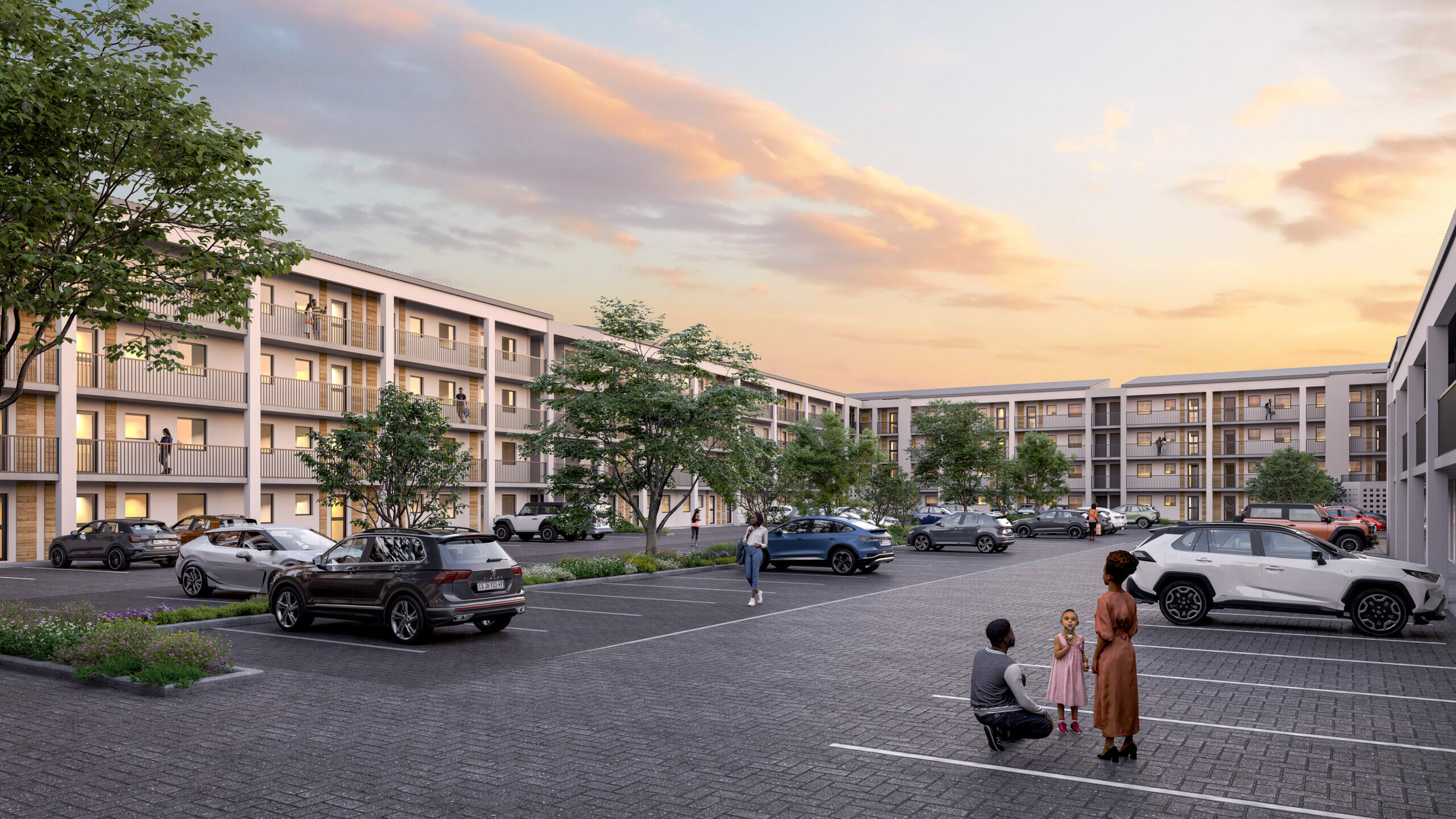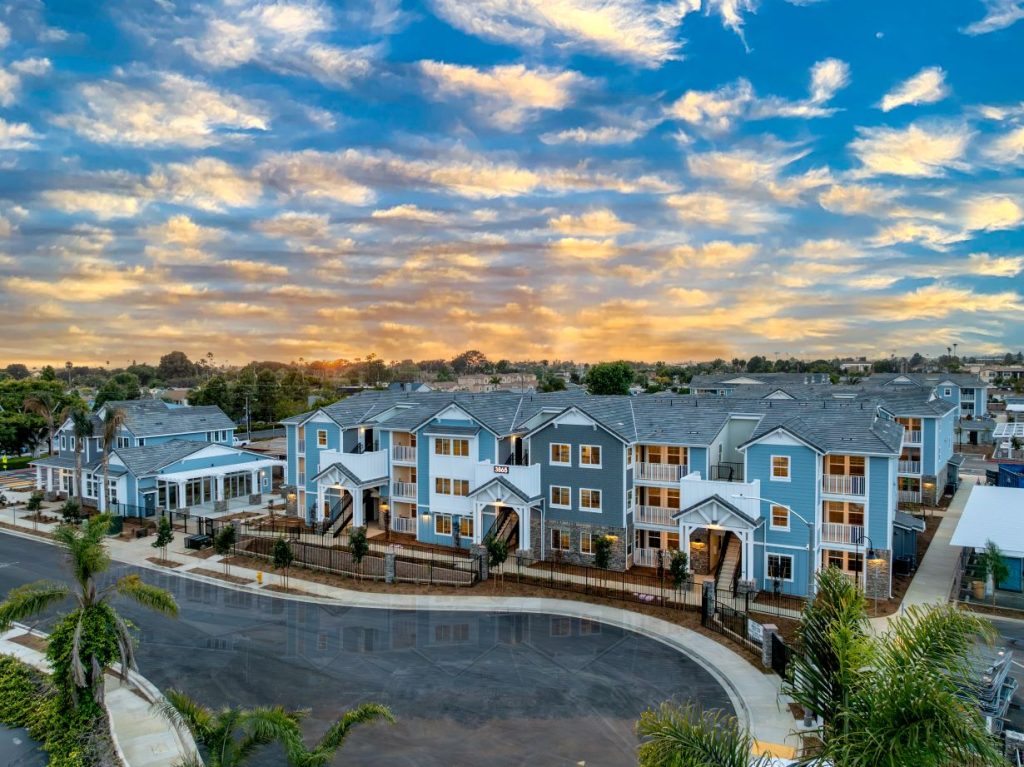

Finding affordable options in new home developments is a significant challenge for many aspiring homeowners today. The housing market, particularly for new constructions, can present a daunting task for those with limited budgets. This article aims to demystify the process, providing you with practical strategies to secure an affordable new home without compromising on quality or location. We’ll explore various aspects, from understanding pricing structures to negotiating favorable terms with developers. Get ready to navigate the market with confidence and find your perfect home! We will cover budget-friendly strategies for finding new homes in new developments, considering essential factors and practical advice for negotiating favorable terms with developers. This article will break down the entire process into digestible sections, starting with a comprehensive overview before diving into specific strategies and potential pitfalls.
Understanding the Factors Influencing New Home Prices
Understanding the factors that determine the prices of new homes in developments is crucial for finding affordable options. Several key elements contribute to the overall cost. Construction costs, particularly material and labor expenses, play a significant role. For example, regional variations in building costs can lead to significant differences in pricing across various communities. The developer’s profit margins also affect the price of the homes. A developer’s marketing strategies and promotional offers can impact the final price in different ways. Furthermore, community amenities like pools, parks, or gyms can increase the overall price of a home. Government regulations and local zoning laws might also have an impact on pricing, as well as any environmental considerations, including conservation efforts in the area, as well as potential environmental regulations. Ultimately, understanding these factors empowers prospective homebuyers to effectively negotiate and find more budget-friendly options.
Construction Costs and Material Prices
Fluctuations in building material costs and labor rates directly affect the pricing of new homes. Market trends and global economic conditions can have substantial impacts on material prices. For instance, changes in lumber prices can influence the overall construction costs. Similarly, changes in the availability of certain materials can result in increased prices. The market demand for these materials is one of the many factors influencing prices.
Developer Profit Margins and Incentives
Developers aim to achieve reasonable profit margins. However, they often offer incentives to attract buyers, which can be a key opportunity to secure an affordable home. These incentives could be in the form of discounts, free upgrades, or special packages. Some developers also provide payment plans or financing options tailored to specific homebuyers’ needs.
Community Amenities and Location
The availability of amenities like parks, pools, or community centers within a development often affects the pricing structure. Premium locations with desirable views or proximity to schools and employment centers tend to command higher prices. These amenities could attract more people, which could influence the prices.
Government Regulations and Zoning Laws
Local government regulations and zoning laws often dictate building codes and construction standards, which can influence home prices. Environmental considerations might also impact pricing depending on the area’s conservation initiatives or environmental regulations. These regulations and factors can also make a difference in a home’s price.
Researching New Developments and Identifying Affordable Options
Prospective homebuyers should diligently research new developments within their target price range. Exploring various online resources, attending open houses, or consulting real estate agents specializing in new construction can provide invaluable information about availability, pricing, and amenities. By comparing various developments, one can identify potential savings. For example, developers sometimes have different price strategies, so comparing the pricing and features of similar projects in the same community can greatly assist in the price-comparison process. Recognizing the nuances of pricing, such as understanding the different phases of home building, can be advantageous in identifying affordable options.
Utilizing Online Resources and Market Tools
Leveraging online resources, like real estate portals, provides a platform for exploring various new developments. These platforms often feature detailed property listings and virtual tours. Using online comparison tools can also be beneficial for identifying projects that fall within a specific budget range. Websites or apps designed for this specific task can provide insightful data and comparisons for users, ultimately assisting them in finding suitable and affordable new homes.
Attending Open Houses and Meeting Developers
Attending open houses and meetings with developers offers a first-hand look at the development. This allows homebuyers to assess the community, view available homes, and directly ask questions regarding pricing and incentives.
Consulting with Real Estate Agents Specializing in New Construction
Working with a real estate agent specializing in new construction can significantly streamline the process. They can provide expertise in negotiating terms, understanding market trends, and accessing exclusive listings or deals that might not be visible through public channels.
Considering Different Development Phases
Different phases of development sometimes influence pricing. Homes in early phases may offer better opportunities to negotiate. Understanding these aspects can guide buyers in securing more advantageous pricing.
Negotiating Favorable Terms with Developers
Negotiating effectively is crucial for securing affordable options. Homebuyers should be prepared to present their budget and needs to the developers, outlining their desired home features and price range. Be prepared to ask questions during the process and research the pricing, construction techniques, and the relevant government regulations and zoning laws. Asking the developers about their profit margins and available incentives is essential in finding savings. Having a clear understanding of potential savings is critical.
Presenting Your Budget and Needs
Clearly articulating your budget and specific requirements will help developers understand your affordability parameters. This clarity will help guide the negotiations. Presenting a clear and detailed budget will provide a baseline for negotiations.
Asking Questions about Pricing and Incentives
Don’t hesitate to ask questions about pricing strategies, potential discounts, or any existing incentives. Be prepared to inquire about any ongoing promotions or sales to understand the value-added elements of a home purchase.
Exploring Payment Options and Financing
Developers may offer tailored payment plans or financing options to make the purchase more accessible. Exploring these options may provide a way to stretch the budget and secure a home at a more affordable price.
Understanding Contractual Terms and Conditions
It is important to carefully review all contractual terms and conditions before signing any agreements. Ensuring a thorough review will avoid potential issues and discrepancies in the future.
Utilizing Financial Resources and Programs
Accessing financial resources can play a significant role in affording a new home. For example, utilizing government-backed programs aimed at boosting homeownership opportunities can be beneficial in finding affordable options. Understanding eligibility criteria and terms for programs can be helpful in finding programs that support the buyer’s needs. This understanding of various programs will benefit the buyers.
Government-Backed Programs for Homeownership
Government programs dedicated to homeownership support various affordability measures and programs. Researching these programs is key. Homebuyers should investigate if they qualify for these programs.
Home Loan Options
Various loan options, including mortgage loans, are available to assist prospective homebuyers. Comparing interest rates, terms, and fees can significantly influence affordability. These are important steps that need to be considered before finalizing a home purchase.
Incentives and Rebates
Homeowners should look for potential tax incentives or rebates that might lower the overall cost. It’s important to understand the requirements and eligibility criteria to take advantage of these financial resources. These will help lower the overall cost.
Conclusion
FAQ
#
#
#
In conclusion, finding affordable options in new home developments requires a proactive approach, careful research, and a willingness to negotiate. By understanding the factors that influence pricing and exploring various avenues, buyers can significantly reduce costs without sacrificing quality or location. Remember to prioritize your needs, compare different communities, and don’t hesitate to ask questions. This comprehensive guide equips you with the tools and knowledge to navigate the market confidently and find the perfect, budget-friendly new home. For those seeking to explore further, consider consulting with a real estate agent specializing in new construction or attending open houses. This will provide further insight and potential connections to exclusive deals.
